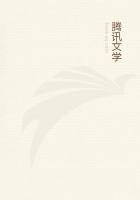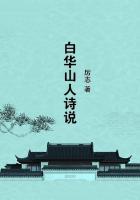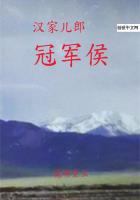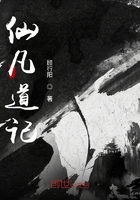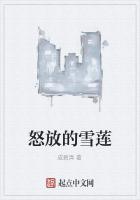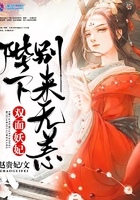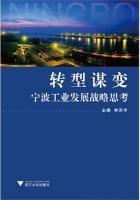Vague words! but ah, how hard to frame In matter-moulded forms of speech, Or ev'n for intellect to reach Thro' memory that which I became."Experiences like this, subjective, and not matter for argument, were familiar to Tennyson. Jowett said, "He was one of those who, though not an upholder of miracles, thought that the wonders of Heaven and Earth were never far absent from us." In The Mystic, Tennyson, when almost a boy, had shown familiarity with strange psychological and psychical conditions. Poems of much later life also deal with these, and, more or less consciously, his philosophy was tinged, and his confidence that we are more than "cunning casts in clay" was increased, by phenomena of experience, which can only be evidence for the mystic himself, if even for him. But this dim aspect of his philosophy, of course, is "to the Greeks foolishness."His was a philosophy of his own; not a philosophy for disciples, and "those that eddy round and round." It was the sum of his reflection on the mass of his impressions. I have shown, by the aid of dates, that it was not borrowed from Huxley, Mr Stopford Brooke, or the late Duke of Argyll. But, no doubt, many of the ideas were "in the air,"and must have presented themselves to minds at once of religious tendency, and attracted by the evolutionary theories which had always existed as floating speculations, till they were made current coin by the genius and patient study of Darwin. That Tennyson's opinions between 1830 and 1840 were influenced by those of F. D. Maurice is reckoned probable by Canon Ainger, author of the notice of the poet in The Dictionary of National Biography. In the Life of Maurice, Tennyson does not appear till 1850, and the two men were not at Cambridge together. But Maurice's ideas, as they then existed, may have reached Tennyson orally through Hallam and other members of the Trinity set, who knew personally the author of Letters to a Quaker.
However, this is no question of scientific priority: to myself it seems that Tennyson "beat his music out" for himself, as perhaps most people do. Like his own Sir Percivale, "I know not all he meant."Among the opinions as to In Memoriam current at the time of its publication Lord Tennyson notices those of Maurice and Robertson.
They "thought that the poet had made a definite step towards the unification of the highest religion and philosophy with the progressive science of the day." Neither science nor religion stands still; neither stands now where it then did. Conceivably they are travelling on paths which will ultimately coincide; but this opinion, of course, must seem foolishness to most professors of science.
Bishop Westcott was at Cambridge when the book appeared: he is one of Mr Harrison's possible sources of Tennyson's ideas. He recognised the poet's "splendid faith (in the face of every difficulty) in the growing purpose of the sum of life, and in the noble destiny of the individual man." Ten years later Professor Henry Sidgwick, a mind sufficiently sceptical, found in some lines of In Memoriam "the indestructible and inalienable minimum of faith which humanity cannot give up because it is necessary for life; and which I know that I, at least so far as the man in me is deeper than the methodical thinker, cannot give up." But we know that many persons not only do not find an irreducible minimum of faith "necessary for life," but are highly indignant and contemptuous if any one else ventures to suggest the logical possibility of any faith at all.
The mass of mankind will probably never be convinced unbelievers--nay, probably the backward or forward swing of the pendulum will touch more convinced belief. But there always have been, since the Rishis of India sang, superior persons who believe in nothing not material--whatever the material may be. Tennyson was, it is said, "impatient" of these esprits forts, and they are impatient of him.
It is an error to be impatient: we know not whither the logos may lead us, or later generations; and we ought not to be irritated with others because it leads them into what we think the wrong path. It is unfortunate that a work of art, like In Memoriam, should arouse theological or anti-theological passions. The poet only shows us the paths by which his mind travelled: they may not be the right paths, nor is it easy to trace them on a philosophical chart. He escaped from Doubting Castle. Others may "take that for a hermitage," and be happy enough in the residence. We are all determined by our bias:
Tennyson's is unconcealed. His poem is not a tract: it does not aim at the conversion of people with the contrary bias, it is irksome, in writing about a poet, to be obliged to discuss a philosophy which, certainly, is not stated in the manner of Spinoza, but is merely the equilibrium of contending forces in a single mind.
The most famous review of In Memoriam is that which declared that "these touching lines evidently come from the full heart of the widow of a military man." This is only equalled, if equalled, by a recent critique which treated a fresh edition of Jane Eyre as a new novel, "not without power, in parts, and showing some knowledge of Yorkshire local colour."


